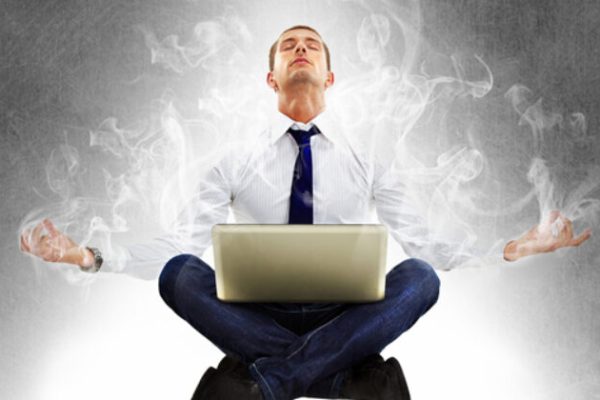The State of Flow

This particular condition allows us to do amazing things with minimal effort …
The State of Flow
Have you ever “been able to do something easily and be so engrossed that you lose track of time?”
If the answer is affirmative it means that you have experienced the “State of Flow”, that is the condition of being in a “Flow of Energy”, within which you are deeply immersed in what you do, remaining “immune” to most part of the distractions, with the consequence that time passes without us noticing it….
The concept of “Flow State” was introduced by the Hungarian psychologist Mihaly Csikszentmihalyi (one of the fathers of Positive Psychology together with Martin E. Seligman), who verified that an individual has an “autotelic” and extremely rewarding experience when he does something which gives him supreme pleasure and enjoyment.
How the State of Flow is generated
Unlike the “Stress”, the “Flow State” originates when a balance is created between the subjective abilities of the person (so-called “Skills”) and the load connected to the type of work (so-called “Difficulty Level”).
If we used a Cartesian graph, the portion of the area corresponding to the “State of Flow” would be positioned at the top right (ie in conjunction with High Skills and High Level of Difficulty) and would contrast with the areas of Apathy, Boredom and Relaxation , characterized by low subjective skills and low workloads.
The State of Flow is connected to our “level of intention”, understood as the act of focusing our attention on a specific action or goal, which we consider so “challenging” that we want to achieve it, to the point of involving all our skills in it. and all our psycho-physical energies, losing the notion of time.
Come sperimentare lo Stato di Flow nelle Nostre Azioni
How to experience the Flow Status in Our Actions
To “enter” the State of Flow we have two ways: the first is to “increase our Skills”, adding new knowledge to those we already possess (which allows us to transform our anxiety deriving from the fear of not knowing into a sense of “control” of our concerns); the second way is instead to “increase the Difficulty Level” of the activity we are dedicating ourselves to (which allows us to raise the goal bar, add “adrenaline” and feel a sense of “excitement” towards a new challenge to face). In the book “Flow, the psychology of optimal experience” Csikszentmihalyi states that: “the best moments of our life are not passive, receptive, relaxing times … but they occur if a person’s body and mind are pushed to their limits in voluntary effort to accomplish something difficult and worth it”.
